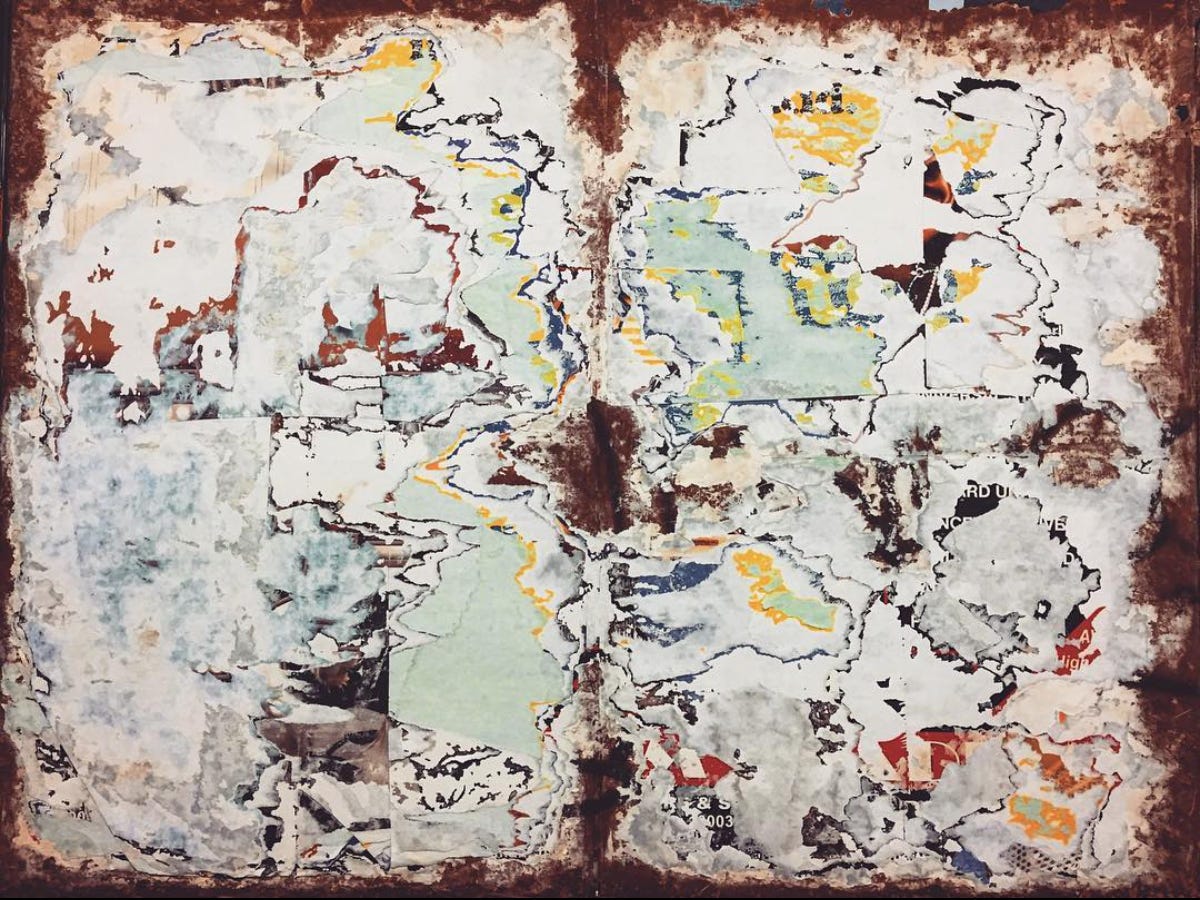This story originally appeared, in slightly different form, in the Spring 2017 issue of The Virginia Quarterly Review.
When my first son was born we noticed on his bottom a great blue smear. It was bruise-like and shapeless and we feared it, so dark and dull, so strange and silent after the bright red trial of his birth. We watched it as one watches the sky, for a sign.
It was as though he’d been belted on his way out the womb, elbowed by some weary doctor or mishandled by one of us on that delirious day. For a long time no one bothered to explain what it was or how it got there and so the spot loomed. Soon we were measuring it with our fingers, asking each other if it had grown.
Later some of the nurses, drifting through the early morning hours, knew better. They gave the smear a name, a Mongolian Spot, and said it was harmless. Just a bloom of pigment, a genetic marker passed down through my wife’s Chinese family. Of course it seemed a joke—the hospitals are full of them—something said to put nervous new parents at ease. I laughed and shook my head but a nurse from Ukraine or Russia or somewhere closer to the steppes tilted her head and said, Ghengis Khan, no joke.
In the nights following I held my son to my chest as my wife slept and I imagined columns of blue-assed horsemen pounding out of those oceanic plains. I could see them sacking cities and burning libraries, a double helix of hooves and arrows. I thought, too, of mourning songs and fields white with ash, the long-forgotten collisions of flesh—all the details that cheek swabs cannot reveal and we could never bear.
Once, while I was changing him, a nurse found me staring at the spot. Don’t worry, she said. It’ll soon fade, like a tattoo, or a memory. Even the darkest ink, set deep, can’t last. I nodded, though she misunderstood: I no longer wanted it gone.
Years later and last week I told my son about the spot. By then he was 4, and I had learned the spot had nothing to do with the Khan and his horsemen. The boy was fresh from the shower. He went silent for a moment and began to spin, trailing water, then laughter, peering over his shoulder at his butt like a puppy chasing his tail. Before he dropped dizzy I counted his colors: dark brown eyes, hay-bale hair, sun-bronzed arms.
He lurched up from the floor and demanded that I carry him to the mirror where he turned to the glass and frowned. The blue spot was gone.
Where is it? he asked.
It vanished, I said.
I want it back.
He squirmed out of my arms and bolted naked from the bathroom. When I caught up he was digging through his markers. He sensed that the spot was a good story, a kind of currency.
We can draw it again, he said. And this time, we’ll make it as big as my whole body.






Love this!
Wonderful!